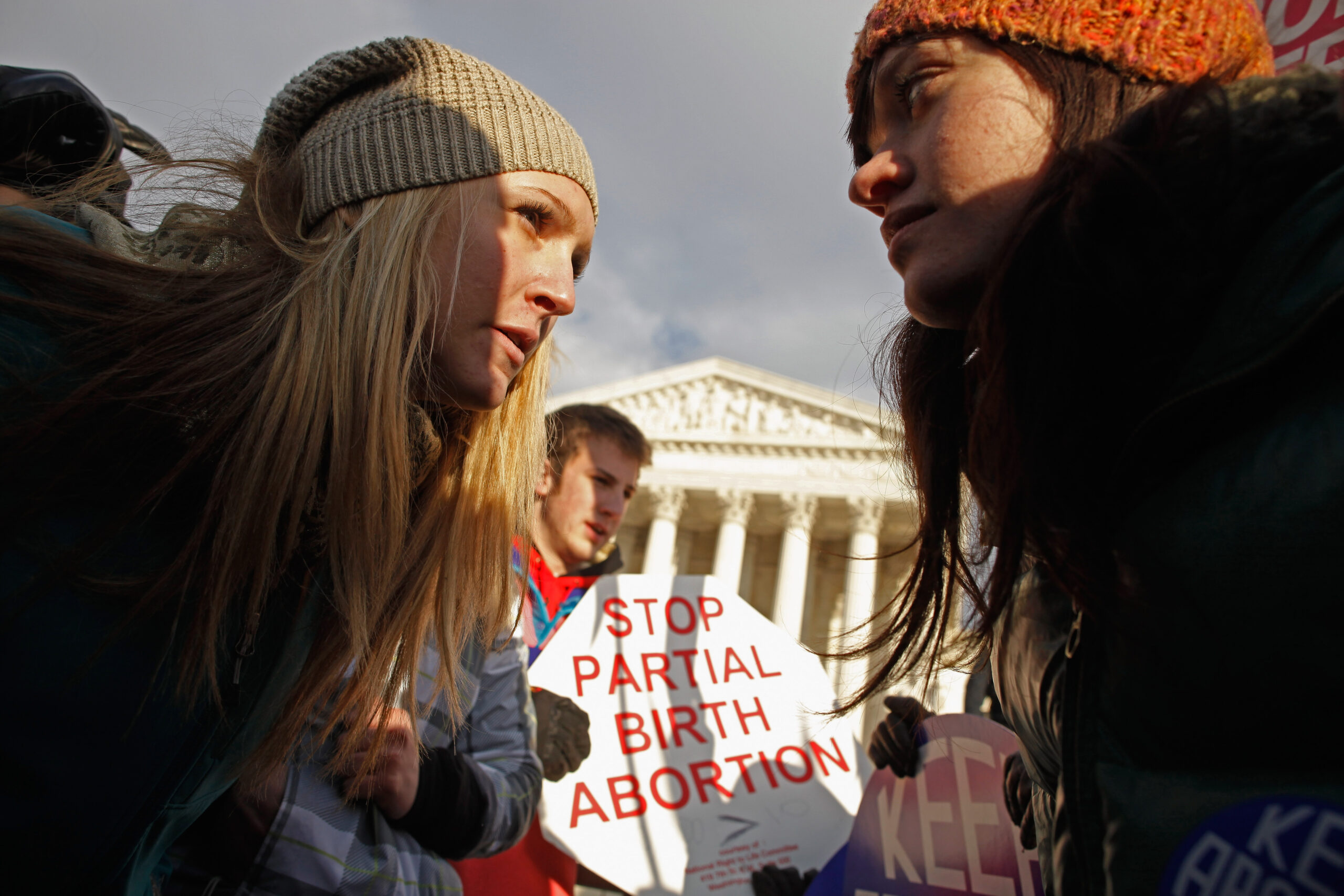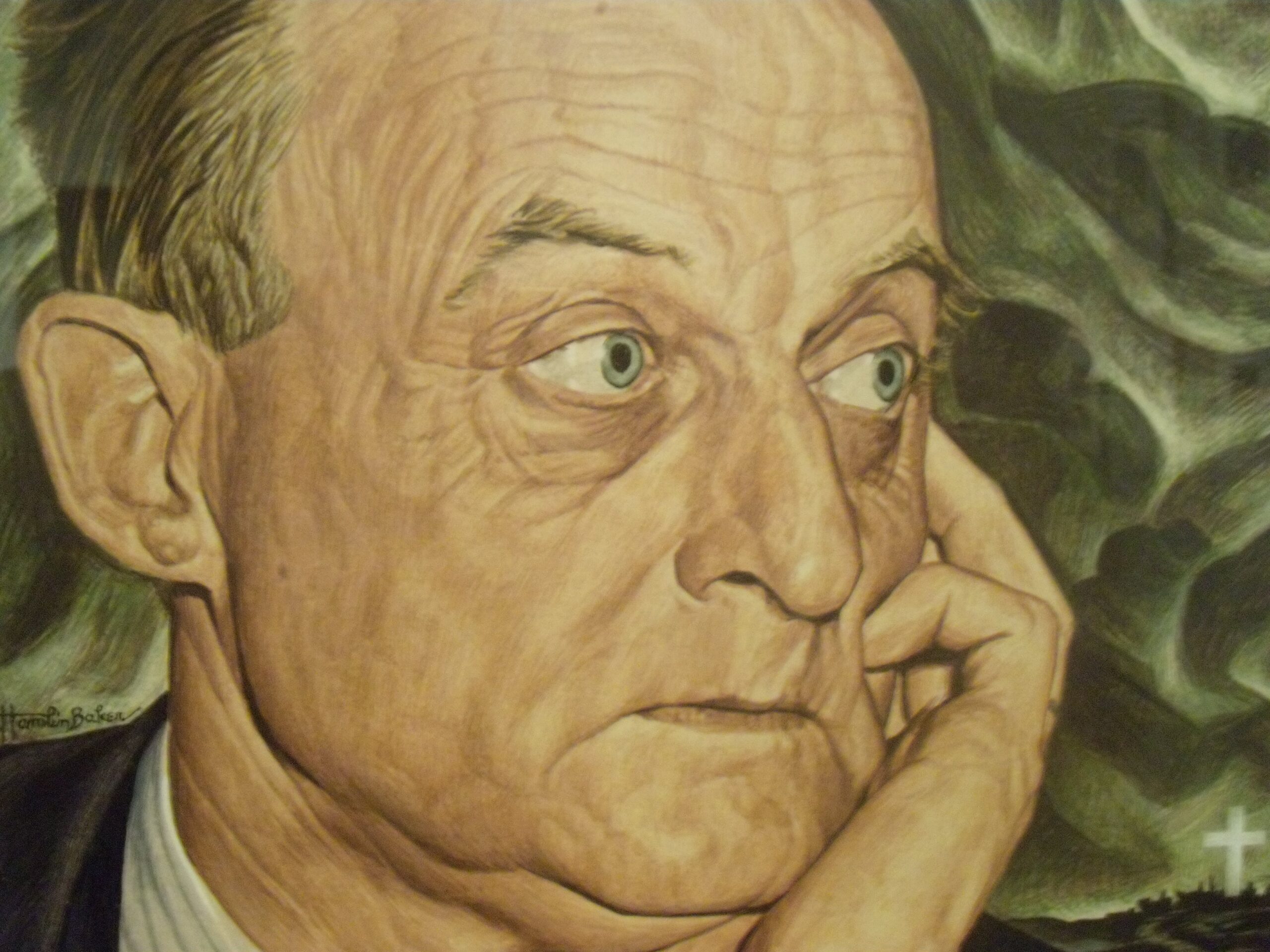For the better part of a century Americans have been misled about their rights. They have been taught that popular self-government does not apply where rights are concerned, but instead rights are so precious that they must be safeguarded from voters. This is what the framers of our Constitution intended, and—so the story goes—the Supreme Court is only doing its duty when it settles controversial social questions in the name of protecting rights.
This is how progressives long understood Roe v. Wade, and while conservatives might reject the Supreme Court’s reasoning about abortion, they sometimes accepted the underlying premise about the priority of rights claims over popular decision-making. The fall of Roe is not only an occasion to celebrate the end of a monstrous injustice, it is also an invitation to reconsider the hubris that made it possible in the first place.
The Supreme Court does not have the authority to invent new rights, nor does it have the final word on the interpretation of existing rights. The framers did not, in fact, create a system of government that enshrines rights over the people. Yet Americans, even on the constitutionalist right, have been told that tale so often that the truth now comes as a surprise. Ironically, the eagerness with which progressives embraced and promulgated the myth of rights above popular government blinded them to the political weakness of their position. They have built their cultural revolution not on a foundation of popular support but on the power and prestige of an unelected few. That power and prestige proved to be inadequate to stave off opposition to Roe and to sustain Roe in the end.
Rights may have been of prime importance to our country’s founding generation, but they understood that the status of rights is distinct from the question of who rules. If the public cannot be trusted to respect rights, there is no question of simply making rights effective on their own—someone else must be trusted instead of, and above, the people. If a majority can make mistakes or behave wickedly where rights are concerned—and it certainly can—the matter does not end there. A minority or an individual could make the same mistakes and behave just as badly. Is an oligarchy a more trustworthy defender of all citizens’ rights than the generality of the public is?
The framers did not think so. Their work did not depend on a philosophical elect. The Constitution is not a crudely democratic document, of course. But all of its institutions ultimately derive from popular assent. An elected president and Senate select the justices of the Supreme Court, and while it is the Electoral College that chooses the president (and state legislatures originally chose senators), the voting public in the states is finally responsible for the composition of the institutions that elect our other institutions.
Courts and other institutions that are one or more steps removed from the voting public are several steps closer than the public to decisions regarding the recognition and enforcement of rights. But progressives have long sought to switch the principal and the agent, making the courts the drivers of public morality rather than answerable to it. This attempt failed outright with Roe and abortion: the result of the Supreme Court’s imposing a universal standard of abortion permissiveness on the public was to engender a political backlash, one that over five decades reshaped grassroots politics, the Republican Party, and conservative legal strategy.
Progressives took a short cut to victory in the so-called culture war by capturing the courts (as well as other elite institutions). With Dobbs overturning Roe, they have discovered that the short cut did not lead to the firm conclusion they had expected. And now they fear that the right to same-sex marriage enshrined by Obergefell v. Hodges and other court-created rights will be overthrown by a Supreme Court that is no longer reliably liberal. They have yet to learn the lesson that the battle that matters most is at the level of popular politics—where progressives may indeed be winning the fight for acceptance of same-sex marriage. Rights, for good or ill, are only as secure as the public’s long-run commitment to them.
The progressive strategy has been to use the commanding heights of law and culture to reshape public attitudes. This project has had much success, but it has not been conclusive: the left has been unable to extinguish the opposition, which is something whose propriety the phrase “settled law” was always meant to suggest where Roe and abortion were concerned. Political questions are only as settled as the public deems them to be. The would-be philosophers of the left find this unacceptable. Despite their talk of democracy, they believe in rule only by people who think the way they do, which in practice means rule by a select few.
The left has not yet found a way to force a recalcitrant American public to accept its right to rule. Americans are not serfs, and they do not look to liberals as their titled lords. But the progressive project carries on. If the left can succeed in diluting citizenship and local self-government (including in the states), and in reducing more Americans to dependency on centralized power, the public may one day accept another Roe as “settled law.” As long as Americans do still exist as a locally organized and self-responsible people, however, they will be able to defy the injustices of the cultural left.
Daniel McCarthy is editor in chief of Modern Age.














